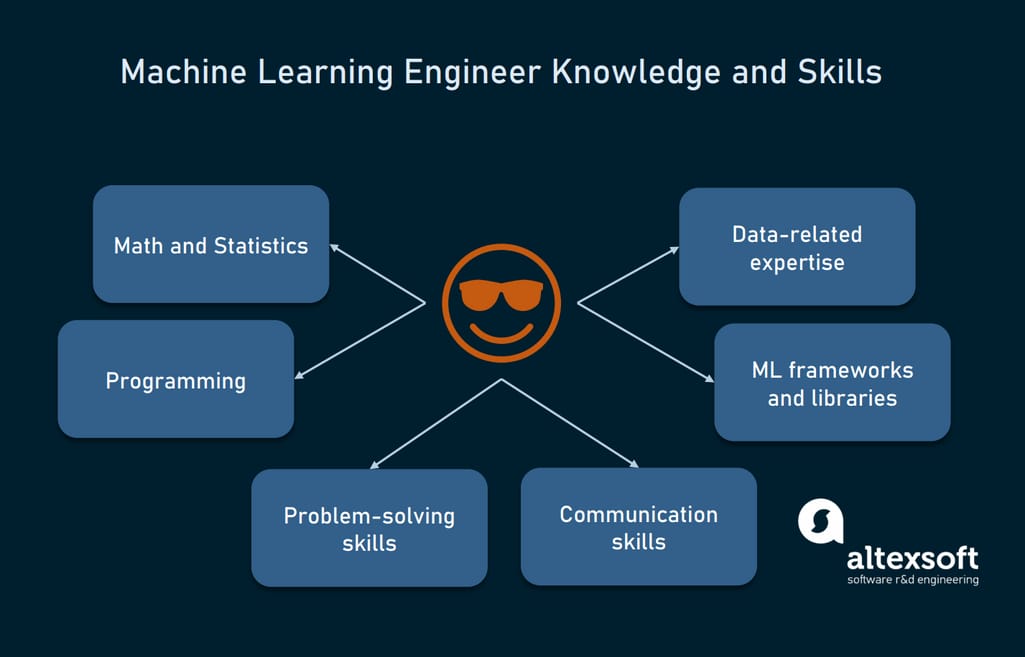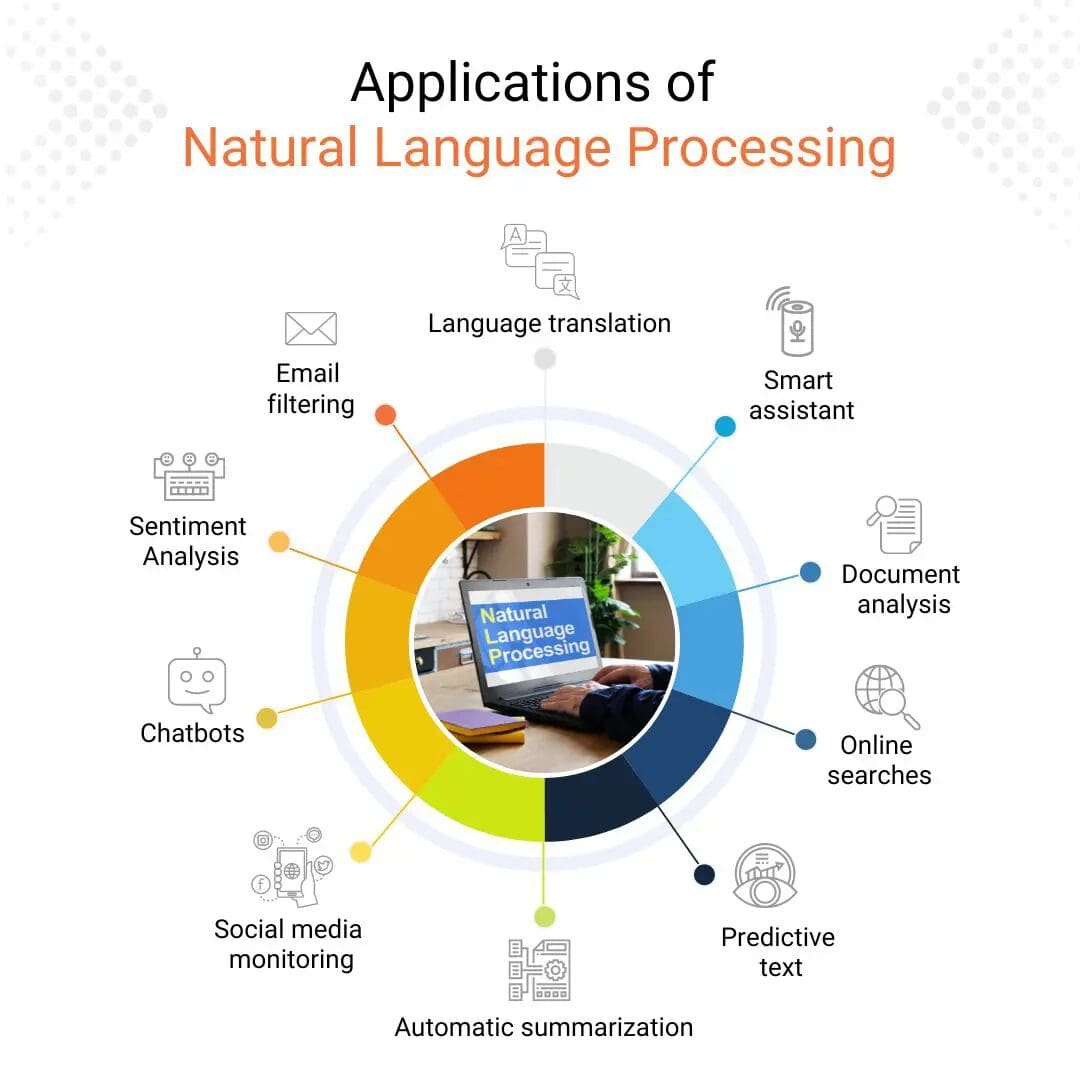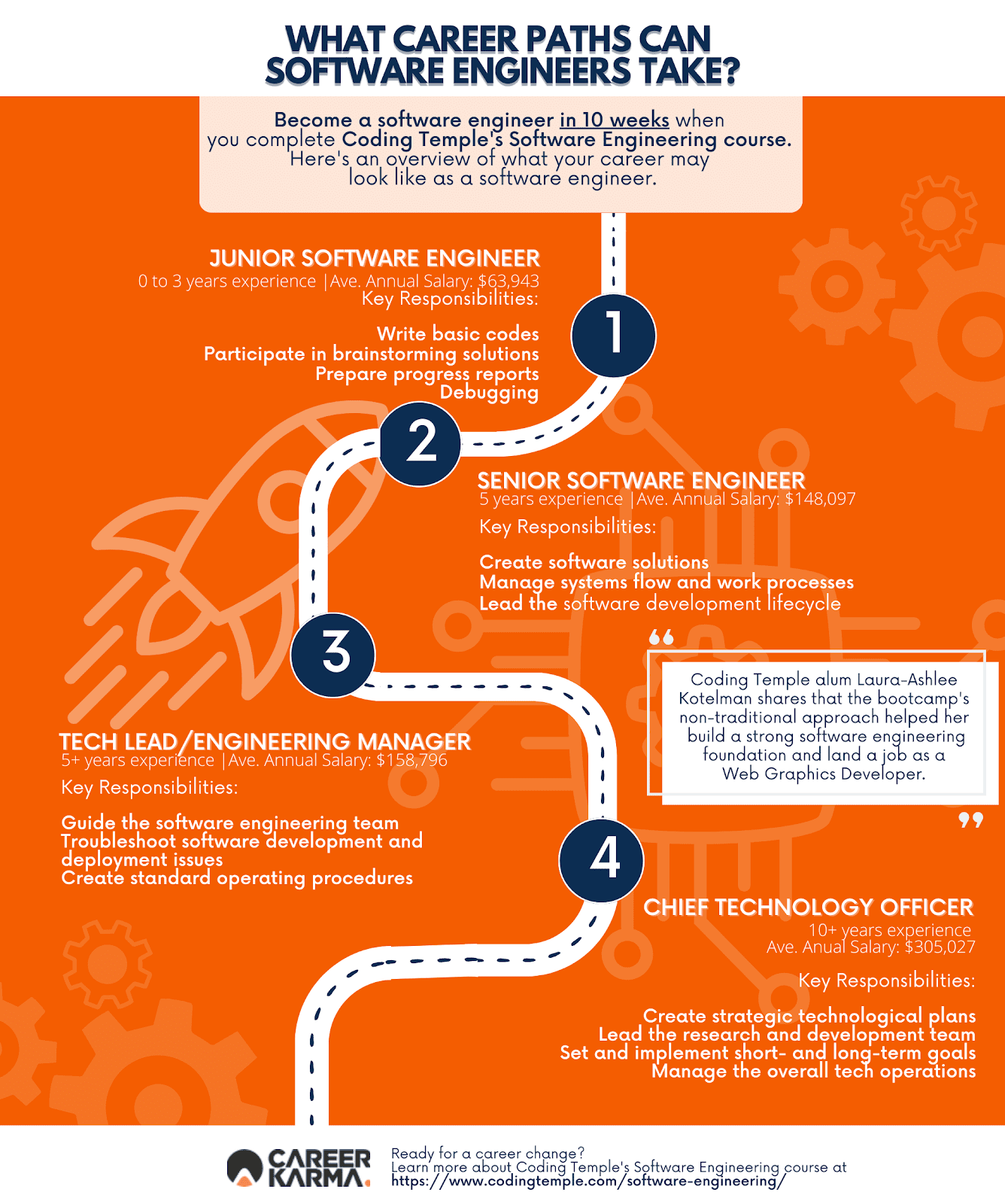All Categories
Featured
Table of Contents
- – 8 Simple Techniques For Best Online Software E...
- – What Does Professional Ml Engineer Certificati...
- – The Single Strategy To Use For Machine Learni...
- – The Basic Principles Of Software Engineering ...
- – Not known Facts About Machine Learning In Pr...
- – The Best Guide To Generative Ai For Software...
- – The Single Strategy To Use For No Code Ai An...
Some people believe that that's dishonesty. If somebody else did it, I'm going to utilize what that individual did. I'm compeling myself to assume with the possible solutions.
Dig a little bit deeper in the mathematics at the beginning, just so I can develop that structure. Santiago: Finally, lesson number 7. I do not think that you have to recognize the nuts and screws of every algorithm before you use it.
I would certainly have to go and examine back to really get a better instinct. That doesn't imply that I can not address points utilizing neural networks? It goes back to our arranging example I believe that's simply bullshit guidance.
As an engineer, I have actually worked with lots of, lots of systems and I have actually made use of many, lots of points that I do not comprehend the nuts and bolts of exactly how it functions, also though I recognize the impact that they have. That's the final lesson on that thread. Alexey: The amusing thing is when I think of all these collections like Scikit-Learn the algorithms they make use of inside to apply, for example, logistic regression or another thing, are not the like the formulas we research in artificial intelligence classes.
8 Simple Techniques For Best Online Software Engineering Courses And Programs
Even if we tried to find out to get all these fundamentals of machine understanding, at the end, the formulas that these libraries utilize are different. Santiago: Yeah, absolutely. I assume we require a lot extra pragmatism in the sector.

Incidentally, there are two different paths. I usually talk with those that desire to operate in the industry that wish to have their impact there. There is a course for scientists and that is totally various. I do not attempt to discuss that since I do not recognize.
Right there outside, in the market, pragmatism goes a lengthy means for certain. (32:13) Alexey: We had a remark that claimed "Feels even more like motivational speech than speaking about transitioning." So perhaps we should switch. (32:40) Santiago: There you go, yeah. (32:48) Alexey: It is a good inspirational speech.
What Does Professional Ml Engineer Certification - Learn Mean?
One of the things I desired to ask you. Initially, let's cover a couple of things. Alexey: Let's start with core tools and frameworks that you require to discover to in fact change.
I recognize Java. I recognize SQL. I understand exactly how to utilize Git. I know Bash. Perhaps I recognize Docker. All these points. And I find out about equipment learning, it feels like an awesome point. What are the core tools and frameworks? Yes, I saw this video and I obtain convinced that I do not require to obtain deep right into math.
Santiago: Yeah, definitely. I assume, number one, you need to begin finding out a little bit of Python. Given that you already understand Java, I do not assume it's going to be a huge transition for you.
Not since Python is the exact same as Java, but in a week, you're gon na get a great deal of the distinctions there. You're gon na be able to make some development. That's top. (33:47) Santiago: After that you obtain certain core tools that are mosting likely to be utilized throughout your whole job.
The Single Strategy To Use For Machine Learning (Ml) & Artificial Intelligence (Ai)
You get SciKit Learn for the collection of device learning algorithms. Those are devices that you're going to have to be utilizing. I do not suggest simply going and discovering regarding them out of the blue.
We can talk about particular training courses later. Take one of those courses that are mosting likely to begin introducing you to some problems and to some core ideas of artificial intelligence. Santiago: There is a program in Kaggle which is an introduction. I do not remember the name, but if you most likely to Kaggle, they have tutorials there free of charge.
What's good concerning it is that the only requirement for you is to know Python. They're mosting likely to present a problem and tell you exactly how to use choice trees to address that details trouble. I assume that procedure is extremely powerful, because you go from no maker discovering background, to recognizing what the issue is and why you can not fix it with what you know now, which is straight software application engineering methods.
The Basic Principles Of Software Engineering For Ai-enabled Systems (Se4ai)
On the other hand, ML engineers specialize in structure and deploying equipment discovering versions. They concentrate on training models with information to make forecasts or automate tasks. While there is overlap, AI engineers take care of even more diverse AI applications, while ML designers have a narrower emphasis on device knowing algorithms and their functional implementation.
Machine learning engineers concentrate on creating and releasing device knowing models right into manufacturing systems. On the various other hand, information scientists have a wider role that includes information collection, cleansing, exploration, and building models.
As organizations significantly take on AI and equipment knowing modern technologies, the need for proficient professionals expands. Device learning designers deal with advanced tasks, add to technology, and have competitive wages. Success in this field requires continual discovering and keeping up with evolving technologies and techniques. Artificial intelligence roles are typically well-paid, with the possibility for high earning capacity.
ML is basically different from conventional software application growth as it concentrates on mentor computers to gain from information, as opposed to programs explicit guidelines that are carried out methodically. Uncertainty of results: You are possibly made use of to creating code with predictable results, whether your feature runs as soon as or a thousand times. In ML, nevertheless, the end results are much less particular.

Pre-training and fine-tuning: Exactly how these models are educated on vast datasets and after that fine-tuned for specific tasks. Applications of LLMs: Such as message generation, belief analysis and info search and retrieval. Papers like "Interest is All You Required" by Vaswani et al., which introduced transformers. On the internet tutorials and training courses concentrating on NLP and transformers, such as the Hugging Face program on transformers.
Not known Facts About Machine Learning In Production
The ability to manage codebases, merge modifications, and deal with conflicts is just as important in ML advancement as it is in conventional software program tasks. The skills established in debugging and testing software program applications are highly transferable. While the context could transform from debugging application reasoning to determining concerns in data handling or design training the underlying principles of methodical investigation, hypothesis testing, and iterative improvement are the same.
Equipment understanding, at its core, is greatly reliant on data and probability concept. These are essential for understanding just how algorithms discover from data, make predictions, and examine their efficiency.
For those interested in LLMs, a complete understanding of deep understanding styles is beneficial. This includes not only the mechanics of semantic networks however also the design of details versions for different usage cases, like CNNs (Convolutional Neural Networks) for image handling and RNNs (Recurring Neural Networks) and transformers for sequential data and natural language processing.
You must recognize these problems and find out techniques for identifying, minimizing, and interacting concerning prejudice in ML designs. This consists of the possible influence of automated decisions and the ethical ramifications. Numerous designs, specifically LLMs, call for substantial computational resources that are often supplied by cloud platforms like AWS, Google Cloud, and Azure.
Building these abilities will certainly not only assist in an effective change right into ML yet also guarantee that developers can contribute properly and responsibly to the improvement of this dynamic field. Concept is crucial, but nothing beats hands-on experience. Begin servicing tasks that permit you to apply what you have actually learned in a functional context.
Take part in competitors: Sign up with systems like Kaggle to get involved in NLP competitors. Construct your projects: Beginning with straightforward applications, such as a chatbot or a text summarization device, and gradually raise intricacy. The area of ML and LLMs is rapidly evolving, with new innovations and innovations emerging routinely. Remaining updated with the current research and fads is critical.
The Best Guide To Generative Ai For Software Development
Sign up with neighborhoods and discussion forums, such as Reddit's r/MachineLearning or area Slack channels, to talk about concepts and obtain advice. Participate in workshops, meetups, and seminars to get in touch with various other professionals in the area. Contribute to open-source tasks or create blog articles concerning your understanding trip and jobs. As you gain knowledge, start searching for possibilities to integrate ML and LLMs right into your job, or seek new duties concentrated on these modern technologies.

Vectors, matrices, and their duty in ML formulas. Terms like design, dataset, features, labels, training, reasoning, and validation. Information collection, preprocessing strategies, design training, assessment processes, and deployment factors to consider.
Choice Trees and Random Woodlands: User-friendly and interpretable designs. Assistance Vector Machines: Optimum margin category. Matching problem kinds with suitable models. Balancing efficiency and intricacy. Basic framework of neural networks: nerve cells, layers, activation features. Split computation and forward breeding. Feedforward Networks, Convolutional Neural Networks (CNNs), Persistent Neural Networks (RNNs). Photo acknowledgment, sequence forecast, and time-series evaluation.
Data circulation, improvement, and function engineering techniques. Scalability principles and performance optimization. API-driven approaches and microservices integration. Latency management, scalability, and variation control. Continuous Integration/Continuous Implementation (CI/CD) for ML process. Version surveillance, versioning, and efficiency monitoring. Discovering and attending to changes in version efficiency gradually. Attending to efficiency bottlenecks and resource administration.
The Single Strategy To Use For No Code Ai And Machine Learning: Building Data Science ...

Program OverviewMachine understanding is the future for the following generation of software professionals. This program works as a guide to artificial intelligence for software designers. You'll be presented to 3 of the most appropriate components of the AI/ML discipline; monitored discovering, neural networks, and deep discovering. You'll grasp the distinctions between traditional programming and artificial intelligence by hands-on development in monitored knowing prior to building out intricate dispersed applications with semantic networks.
This course acts as a guide to device lear ... Show A lot more.
Table of Contents
- – 8 Simple Techniques For Best Online Software E...
- – What Does Professional Ml Engineer Certificati...
- – The Single Strategy To Use For Machine Learni...
- – The Basic Principles Of Software Engineering ...
- – Not known Facts About Machine Learning In Pr...
- – The Best Guide To Generative Ai For Software...
- – The Single Strategy To Use For No Code Ai An...
Latest Posts
The Best Courses For Full-stack Developer Interview Preparation
Software Engineer Interview Topics – What You Need To Focus On
Why Faang Companies Focus On Problem-solving Skills In Interviews
More
Latest Posts
The Best Courses For Full-stack Developer Interview Preparation
Software Engineer Interview Topics – What You Need To Focus On
Why Faang Companies Focus On Problem-solving Skills In Interviews